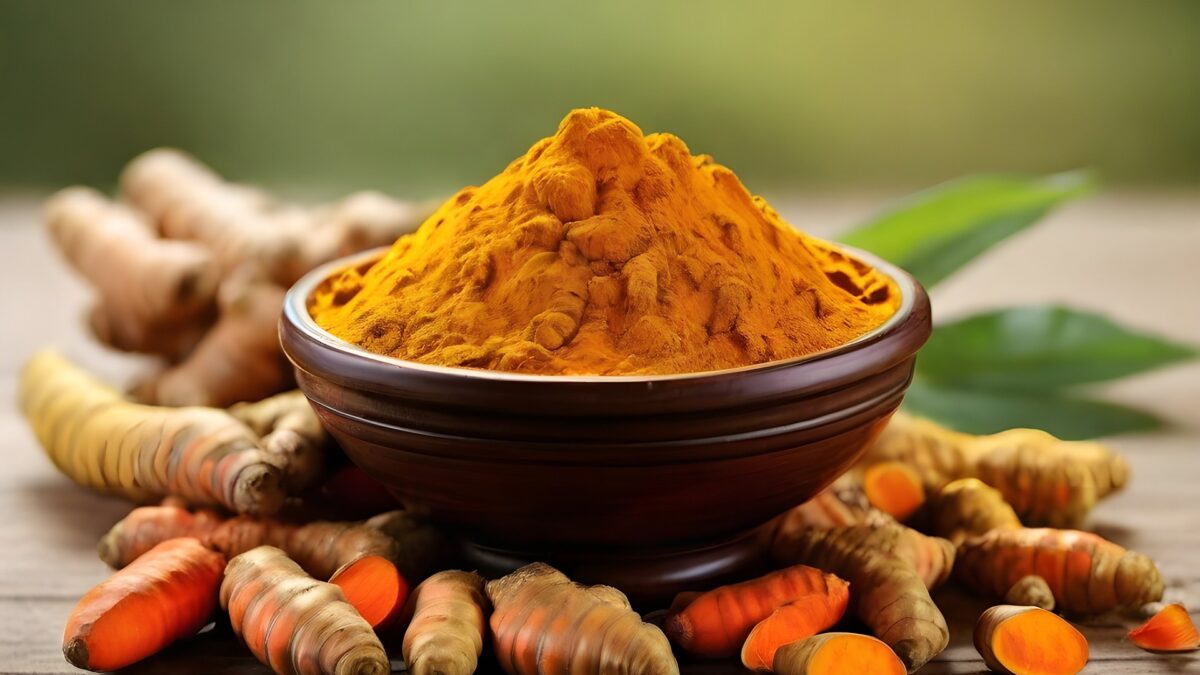Holistic nutrition is an approach to health and well-being that focuses on nourishing the body, mind, and spirit through a balanced, whole-foods-based diet while also integrating the use of dietary supplements and natural methods to enhance overall health.
Unlike conventional nutrition, which may focus solely on the physical aspect of eating, holistic nutrition takes into account the individual’s unique needs, lifestyle, and environment, recognizing that food is not just fuel but medicine for the body. The foundation of holistic nutrition lies in consuming a diverse range of nutrient-dense, minimally processed foods that provide essential vitamins, minerals, antioxidants, and other bioactive compounds necessary for optimal functioning. In addition to whole foods, many people turn to natural supplements to complement their diets, filling in gaps where necessary and supporting specific health goals. One powerful supplement gaining recognition for its health benefits is curcumin, the active compound found in turmeric. Curcumin has long been revered for its potent anti-inflammatory, antioxidant, and immune-boosting properties, making it a valuable addition to a holistic nutrition regimen.
However, curcumin has low bioavailability, meaning the body struggles to absorb and utilize it effectively. This challenge has led to the development of innovative formulations like Vidafy curcumin drops, which utilize advanced nanotechnology to enhance curcumin’s bioavailability. Through the use of nanotechnology, the curcumin particles are broken down into smaller, more easily absorbable forms, allowing the body to take full advantage of its benefits.
Furthermore, Vidafy curcumin drops are soluble in both water and fats, ensuring that they can be easily incorporated into various dietary routines without losing their potency. By using Vidafy’s curcumin drops, individuals can experience the full anti-inflammatory, antioxidant, and immune-boosting effects of turmeric in a more effective and efficient manner. Holistic nutrition also emphasizes the importance of a balanced diet that includes healthy fats, protein, fiber, and a variety of fruits and vegetables, all of which support bodily functions and help to prevent chronic disease. Healthy fats, such as those found in avocados, nuts, seeds, and fatty fish, are essential for brain health, hormone balance, and the absorption of fat-soluble nutrients like curcumin. Protein, from both plant and animal sources, provides the building blocks necessary for muscle repair, immune function, and overall cellular health.
Fiber, found in whole grains, legumes, fruits, and vegetables, supports digestive health and helps to regulate blood sugar levels, promoting a stable energy supply throughout the day. In addition to a nutrient-dense diet, holistic nutrition encourages mindful eating practices, such as eating slowly, savoring meals, and being aware of hunger and fullness cues, which helps to cultivate a healthy relationship with food. In addition to food and supplements, holistic nutrition also advocates for lifestyle practices that support optimal health.
Regular physical activity, stress management, and adequate sleep all play significant roles in maintaining balance and promoting well-being. Exercise helps to improve circulation, boost metabolism, and reduce inflammation, while stress-reducing techniques like meditation, deep breathing, and yoga can help to calm the mind and reduce the physical effects of chronic stress. Sleep is equally important, as it allows the body to repair itself, strengthen the immune system, and restore energy.
Together, these lifestyle practices, along with a focus on nutrient-dense foods and high-quality supplements like Vidafy curcumin drops, contribute to a holistic approach to health that supports vitality, resilience, and long-term well-being. By incorporating holistic nutrition into your daily routine, you can nourish your body with the nutrients it needs, support its natural healing processes, and prevent disease in a natural, balanced way. Holistic nutrition is not just about what we eat, but about how we live, think, and care for our bodies.
By embracing this approach, individuals can achieve a deeper sense of well-being and live healthier, more vibrant lives.

